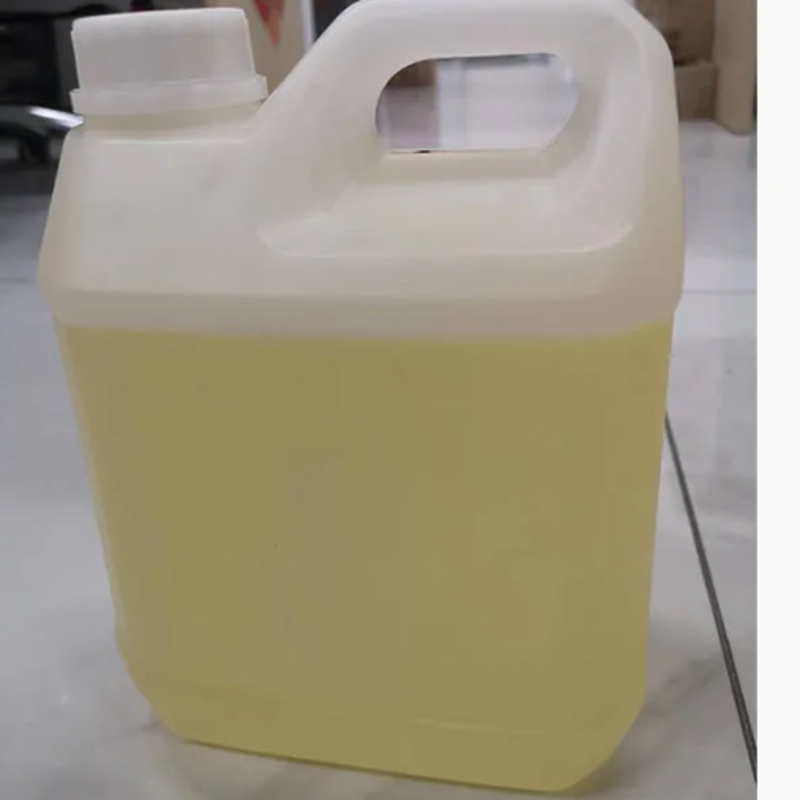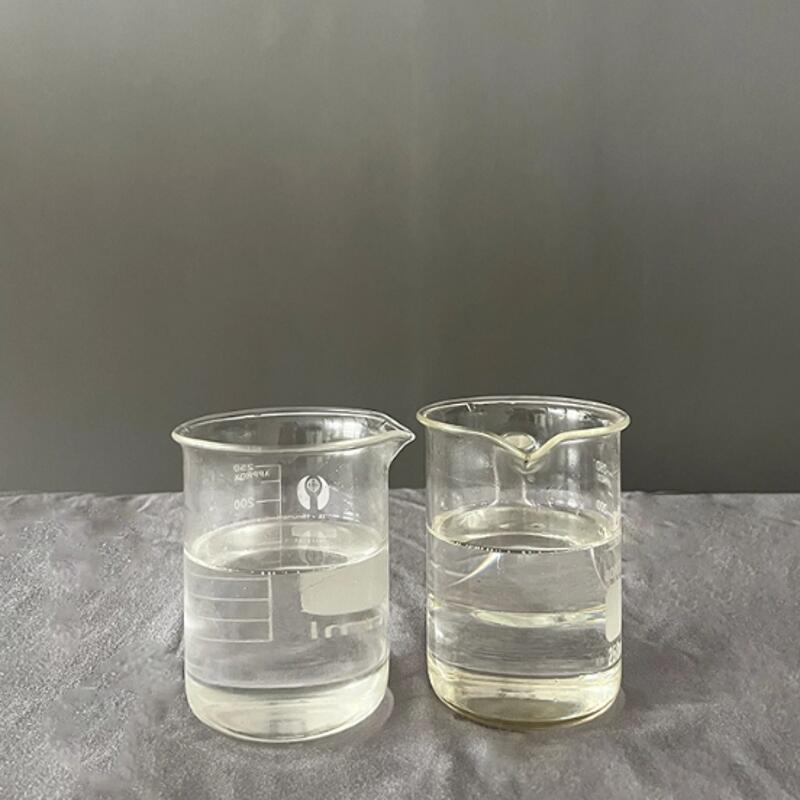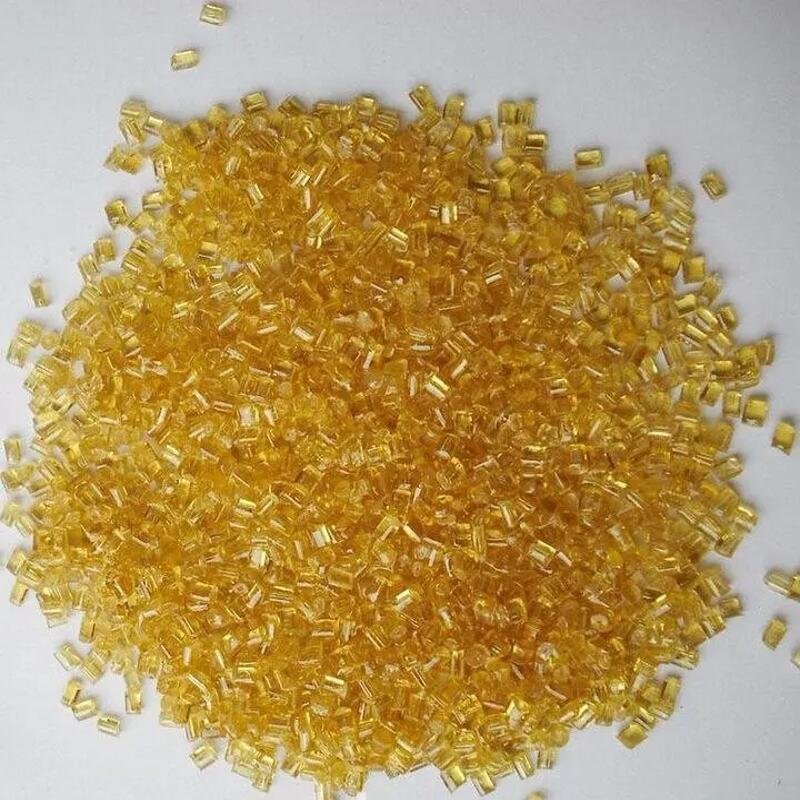-
Categories
-
Pharmaceutical Intermediates
-
Active Pharmaceutical Ingredients
-
Food Additives
- Industrial Coatings
- Agrochemicals
- Dyes and Pigments
- Surfactant
- Flavors and Fragrances
- Chemical Reagents
- Catalyst and Auxiliary
- Natural Products
- Inorganic Chemistry
-
Organic Chemistry
-
Biochemical Engineering
- Analytical Chemistry
-
Cosmetic Ingredient
- Water Treatment Chemical
-
Pharmaceutical Intermediates
Promotion
ECHEMI Mall
Wholesale
Weekly Price
Exhibition
News
-
Trade Service
The first seamless trail running shoe from Norda Canada, made with DSM's bio-based Dyneema® fibers
.
Designed for runners, norda™ was founded to allow athletes to unleash their highest potential through innovation and cutting-edge technology
.
The brand's flagship product, norda™ 001, uses bio-based Dyneema® fibers to enhance the performance and sustainability of lightweight structures
.
The upper is constructed seamlessly from Dyneema® fabric, thanks to its inherent properties
.
Engineered at the molecular level, Dyneema® fibers offer high strength, low weight, water resistance and breathability, blending the technical performance of an ultralight material with an aesthetic design that doesn't sacrifice strength or durability
.
In addition to adding foot stability and a comfortable upper, Dyneema® fibers are used to increase abrasion resistance and lace elasticity - Dyneema® fibers are four times stronger than other standard lace materials such as nylon and polyester
.
“When we set out to design norda™ 001, our mission was to design a high-performance trail running shoe that was super durable and as sustainable as possible,” said norda™ co-founders Willamina and Nick Martire.
Our goal, we had to go beyond the standard materials used in the footwear industry
.
We realized that the properties of bio-based Dyneema® outperformed everything else
.
”
In line with DSM's commitment to protecting people and the environment in which they live, bio-based Dyneema® has the same precise properties as conventional Dyneema®, with a carbon footprint 90% lower than regular HMPE
.
DSM's latest advances in fiber technology come from renewable bio-feedstocks, using a mass balance approach to further reduce reliance on fossil fuel resources, while still contributing to a more circular economy
.







